Syrian Air Defense Engages ‘Enemy Targets’ Over Homs And Tartus, Casualties Reported
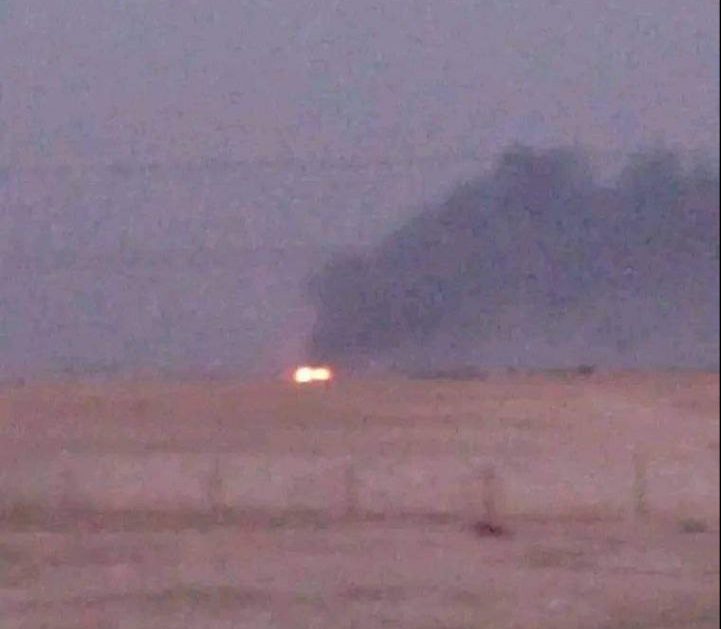
The Syrian military activated its air defense systems in response to what it described as “enemy targets” in the skies over the city of Homs in western Syria on Wednesday night.
In the early hours of the attack, the state-run SANA news agency reported that Syrian air defenses were engaging the unidentified objects, a term typically used to refer to Israeli Air Force fighter jets and missiles conducting strikes inside Syrian airspace. But hours later it became clear that Israeli warplanes attacked two sites in Homs and Tartus provinces.
According to a Syrian military source, at around 19:30 (local time), the Israeli regime targeted a headquarters in the central region and a residential building in the city of Banias from the Lebanese territory. This attack resulted in the martyrdom of a child, the wounding of 10 civilians and the occurrence of material damages.
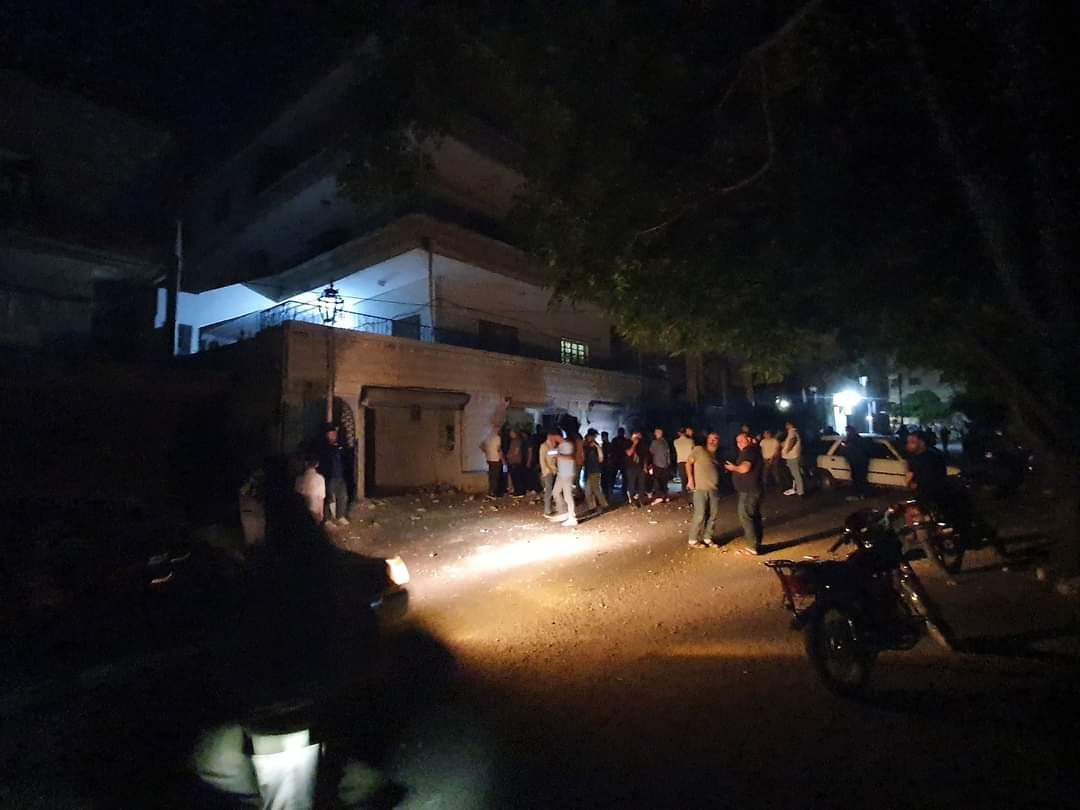
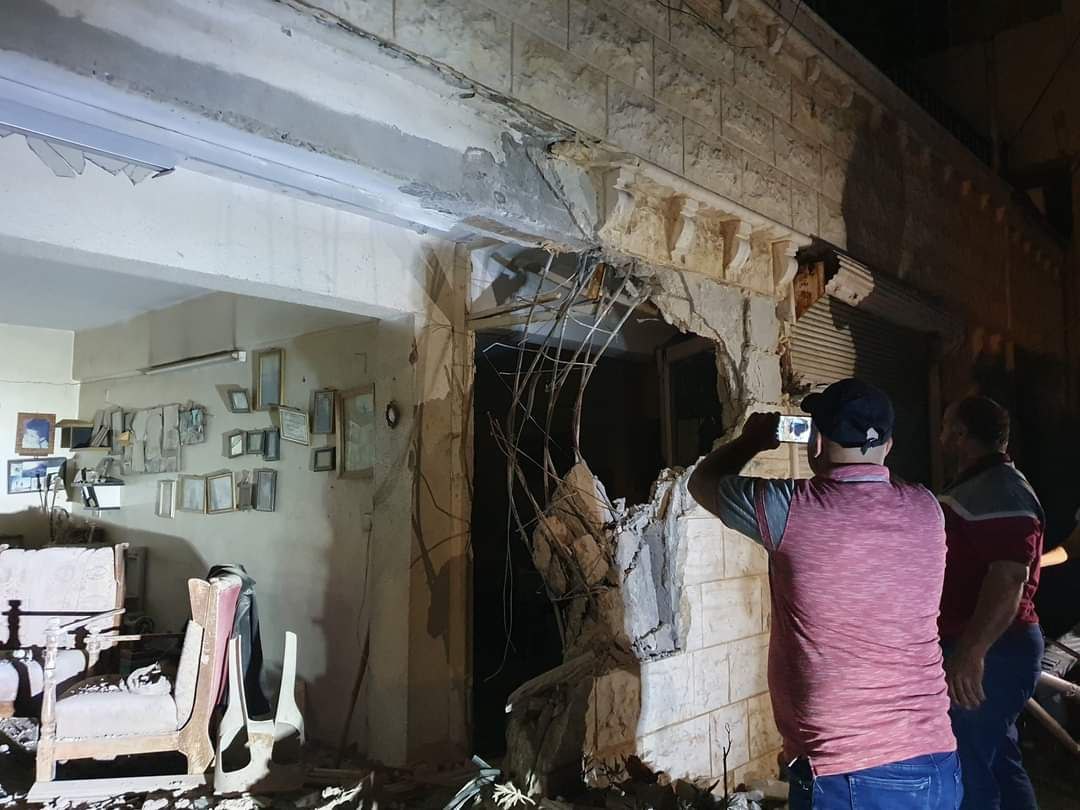
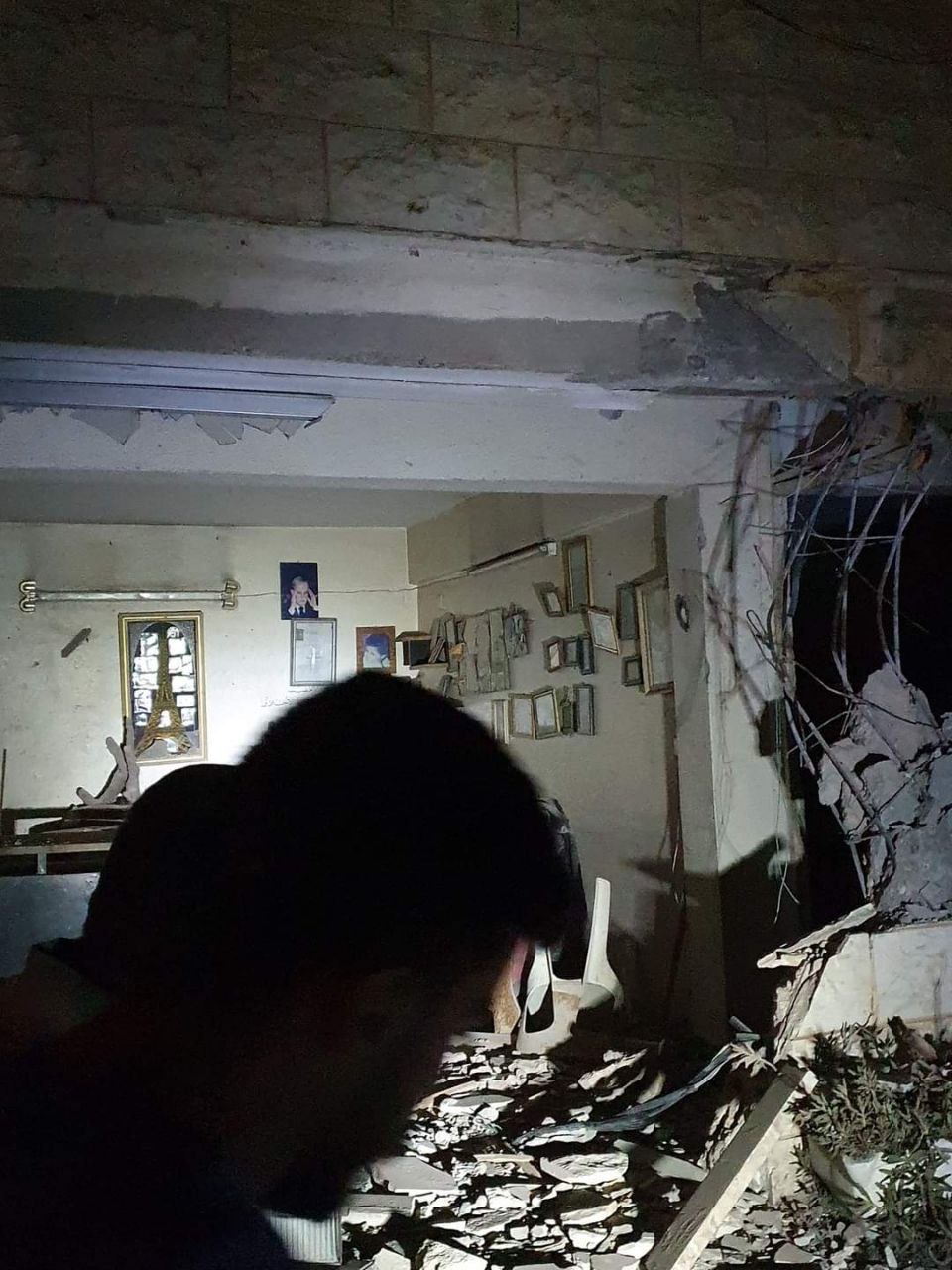
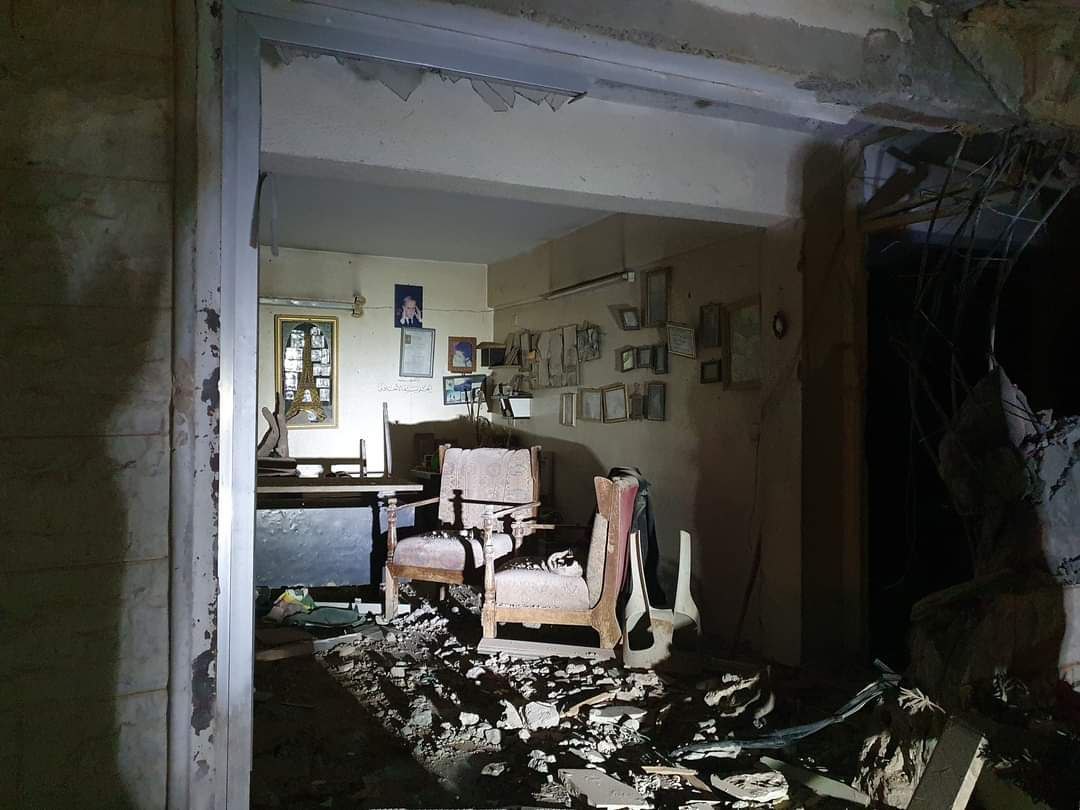
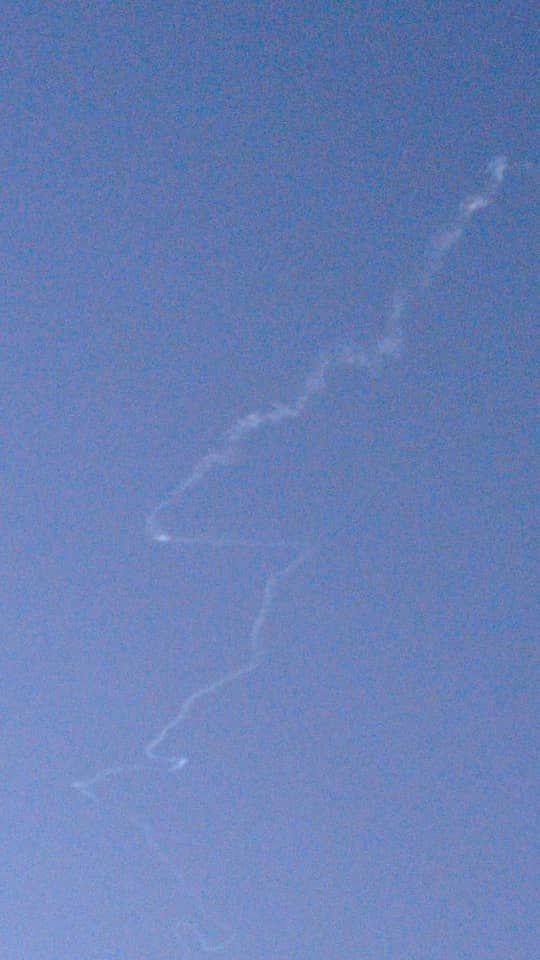
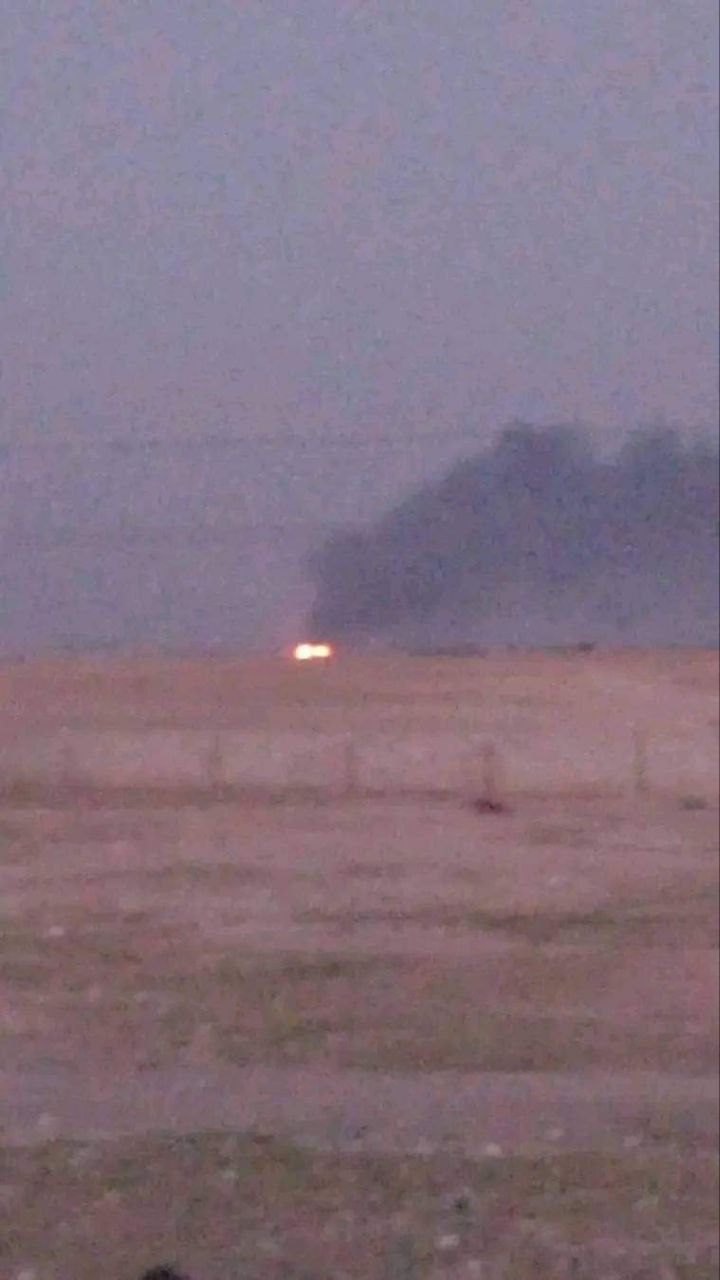
According to the pro-opposition Syrian Observatory for Human Rights based in London, the latest Israeli airstrikes targeted at least one military site located in the eastern countryside of Homs Governorate. The strikes resulted in plumes of smoke rising from the targeted area.
In a separate incident on Saturday, the Observatory also reported that an Israeli drone strike in central Syria, near the border with Lebanon, had killed two fighters affiliated with the Lebanese resistance movement Hezbollah.
Syrian air defense batteries, which are equipped with a mix of Russian-made surface-to-air missile systems, have repeatedly engaged Israeli warplanes and missiles in the past.
Wednesday night’s confrontation underscores the unpredictable nature of the conflict and the potential for further escalation between the warring parties.
The Israeli regime has carried out numerous airstrikes in Syria in recent years, targeting what it claims are military sites and arms shipments destined for the Lebanese Hezbollah movement, a key ally of the Syrian government.
The Israeli regime rarely comments on specific operations, maintaining a policy of ambiguity regarding its activities in Syria.

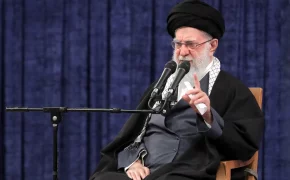
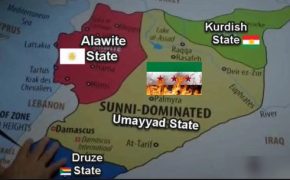
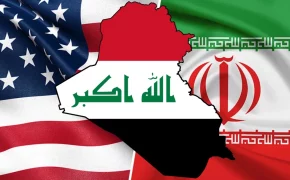
Comment